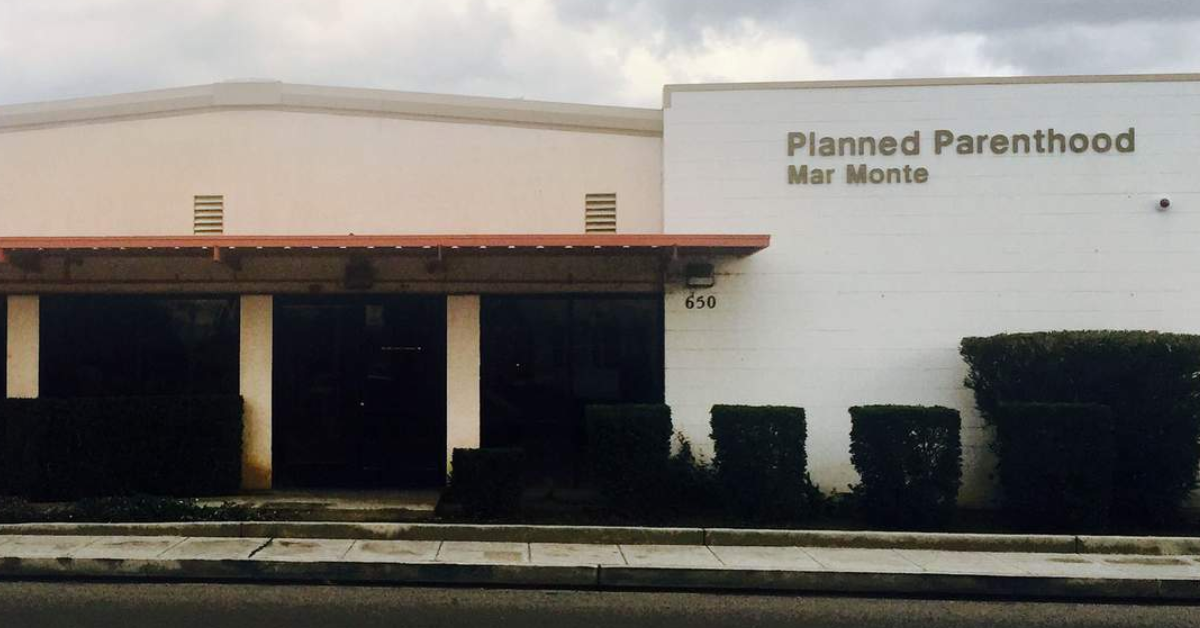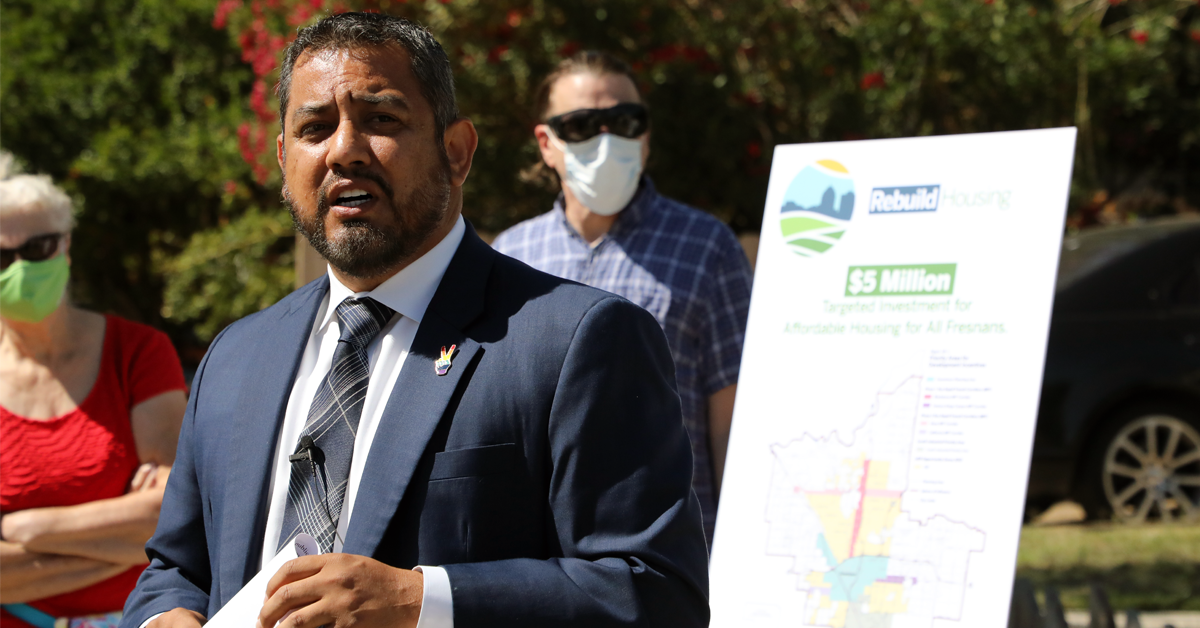Fresno is a pro-choice city, according to City Councilman Miguel Arias.
Thursday, the city council voted 5-1 to override Mayor Jerry Dyer’s veto of a resolution that would grant $1 million in state funding to the local Planned Parenthood clinic.
Dyer’s veto came after the council approved the resolution on Aug. 18, which authorized the city to act as a pass-through for $1 million to Planned Parenthood Mar Monte, $7 million to Arte Americas and $1.5 million to Neighborhood Industries.
The money comes from a state budget request by Asm. Joaquin Arambula (D–Fresno).
Councilman Garry Bredefeld cast the lone no vote Thursday, and Councilman Mike Karbassi was absent.
After the vote, Arias thanked Planned Parenthood supporters for their support.
“I just want to thank all the organizations for showing up for the last few days and just remind our mayor and our city that we are a pro-choice city and we will remain a pro-choice city and we will defend that choice,” Arias said.
“Equally important, I want to look forward to all the great services and improvements that will be made with these $9.5 million of state resources, so I look forward to our community being served, and thank you all for coming.”
Cannabis community benefit fund goals defined
The city’s community benefit fund established through the cannabis tax receipts now has its allocation goals officially defined after the council approved them Thursday.
Bredefeld cast the lone vote in opposition.
The community benefit fund receives 10 percent of all cannabis tax revenue that comes into the city.
The allocation goals that the council approved are as follows:
- Improve infrastructure and enhance community beautification and public safety efforts in the city in the vicinity of commercial cannabis business locations and other low-income areas.
- Support citywide efforts to analyze and improve social equity in economic development, health and transportation needs.
- Enhance and expand citywide efforts focused on youth development, engagement and prevention.
Applications are currently being accepted for the Community Benefit Commission, which will recommend how the allocations should be divided to the council and be comprised of two appointees from the mayor and one from each council district.
Elm Ave. rezone takes first trip in front of the council
Three months after receiving approval from the Planning Commission, an effort by industrial property owners in southwest Fresno to continue housing businesses was previewed by the council Thursday.
The plan centers on 92.5 acres of property along Elm Ave. that was switched from light industrial use to neighborhood mixed use with the approval of the Southwest Fresno Specific Plan in 2017.
While the businesses on site, such as Mid Valley Disposal, were grandfathered in under the rezone, property owners are concerned that the neighborhood mixed use designation would cause businesses to leave once their leases expire and other businesses would be scared off from leasing the land.
However, Senate Bill 330 – which prohibits cities from reducing housing zoning designations without a corresponding move elsewhere in the city – presents a problem for the city.
The land is currently zoned for 1,480 residential dwelling units even though it only houses industrial units.
The landowners presented three options for the city council to consider to comply with SB 330:
- Consider the rezone the same day the council considers a Dyer-led Mixed Use Text Amendment, which would increase the number of residential units in the city to offset those lost in the rezone.
- Find other properties in the city to rezone to residential or neighborhood mixed use.
- Maintain the neighborhood mixed zoning but create an overlay district that would allow the businesses to continue operating.
Arias, who represents the area, addressed the options, saying he views the overlay option as one that would be too lengthy. Under the current plan, the warehouses would revert to residential zoning if they are vacant for 90 days, not enough time for a permit to be approved for the next tenant.
He also said the community does not support a complete rezone.
“Going forward, what I’m going to be looking to do with the city attorney is working on a modified proposal that would limit some of the rezoning for those uses that explicitly have to be industrial zoning, adding some additional safeguards so that there’s an intensification of the use. Nobody wants to see industrial use triple in capacity at one facility. All those facilities are already fully built out, so there isn’t too much concern about that,” Arias said.
“But the neighborhood needs some level of commitment that it won’t be a tripling of use in that area. We also want to make sure that mixed use zoning on itself doesn’t allow you to have other uses that we’ve heard the public want. So if you want your indoor inflatable jumping things inside a warehouse, mixed use might not allow for that. So we are going to be looking to expand the kind of uses that a mixed use residential would allow for if we keep any of the mixed use residential.”
The council expects to see the mixed use text amendment introduced on Sep. 15, with a vote on the Elm Ave. rezoning at a following meeting.











